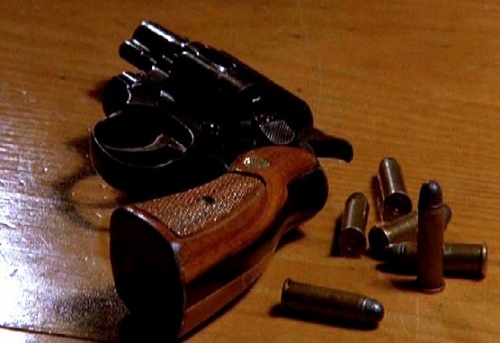
It is well enough obvious that the scene in Witness between Samuel and his grandfather, Eli, that stands out is when the issue with the gun arises. As they sit there and discuss the meaning of a life and what makes a man good and evil, we see that Samuel has not taken his lessons lightly. Not only does he understand the measure and meaning of a life but also is beginning to learn the cost of a life and the worth of living. His grandfather is unhappy to say the least about this transformation that he is seeing in his namesake. Times seem to be changing and this new youth thinks that the answers are so plain and clear. They sit closely to each other in this scene to express just how severe a topic this is and keep the intensity of the scene in mind. This is a lesson that will be show by Harrison Ford later in the movie. Samuel sticks to his ways though and uses this life lesson to help himself along his path. Eli even seems to be moved by this experience and they both are safe.

In Mosquito Coast, things are not so cut and dry, nor are they as friendly and picturesque. Charlie and Allie are a much different breed of dominance of hierarchs and the change of the youth. Charlie idolizes his dad as a genius and a great man; Allie has more or less taken control of a village and with technology crafted a way to bring happiness and power to the land he purchased. When all goes awry we see Allie crumble and slip into a delusional state in which he is still in control. Charlie knows what he must do now and sees his fathers for the man he truly is and has been for quite some time. The son now must take the place of the father and lead the family after Allie’s dreams are burned to the ground quite literally along with any shred of his sanity.

Both of these youths are shown that what they held true and dear is no longer the truth and they must use this knowledge to grow into the men that they are to become. Innocence is no longer and option for these boys and from here out they must make decisions like a man.




